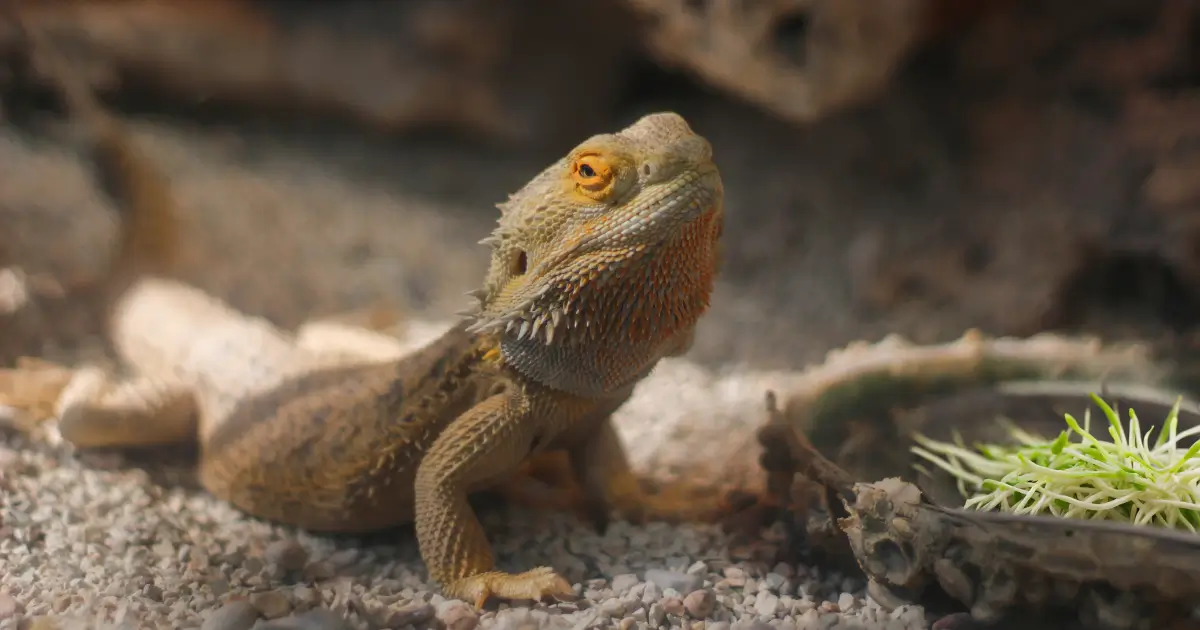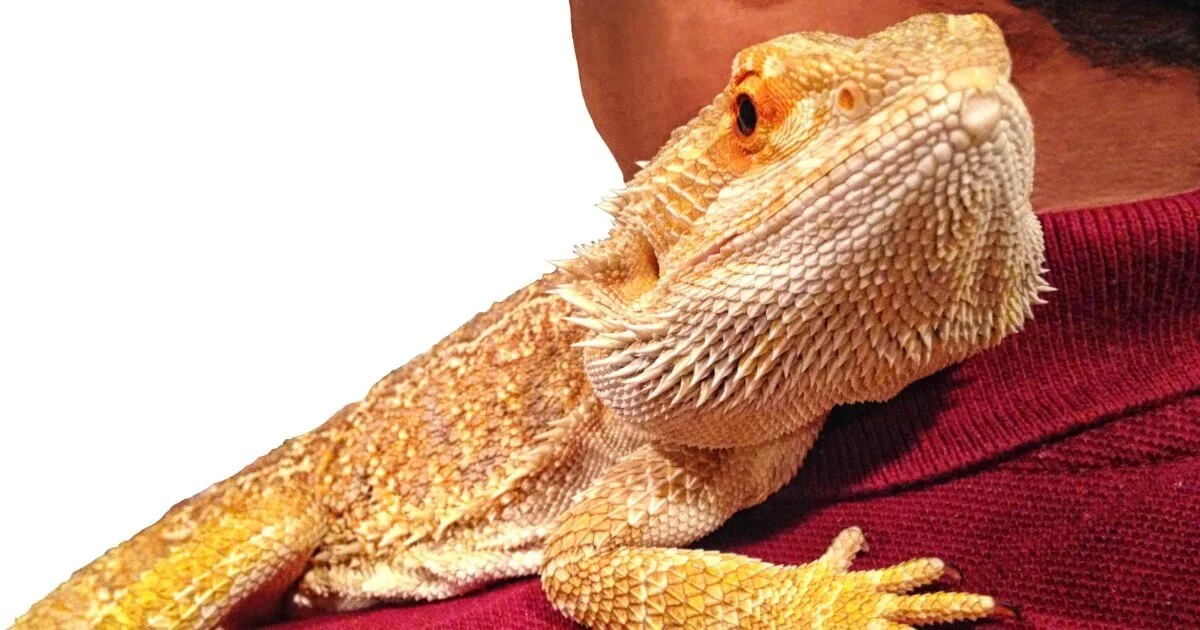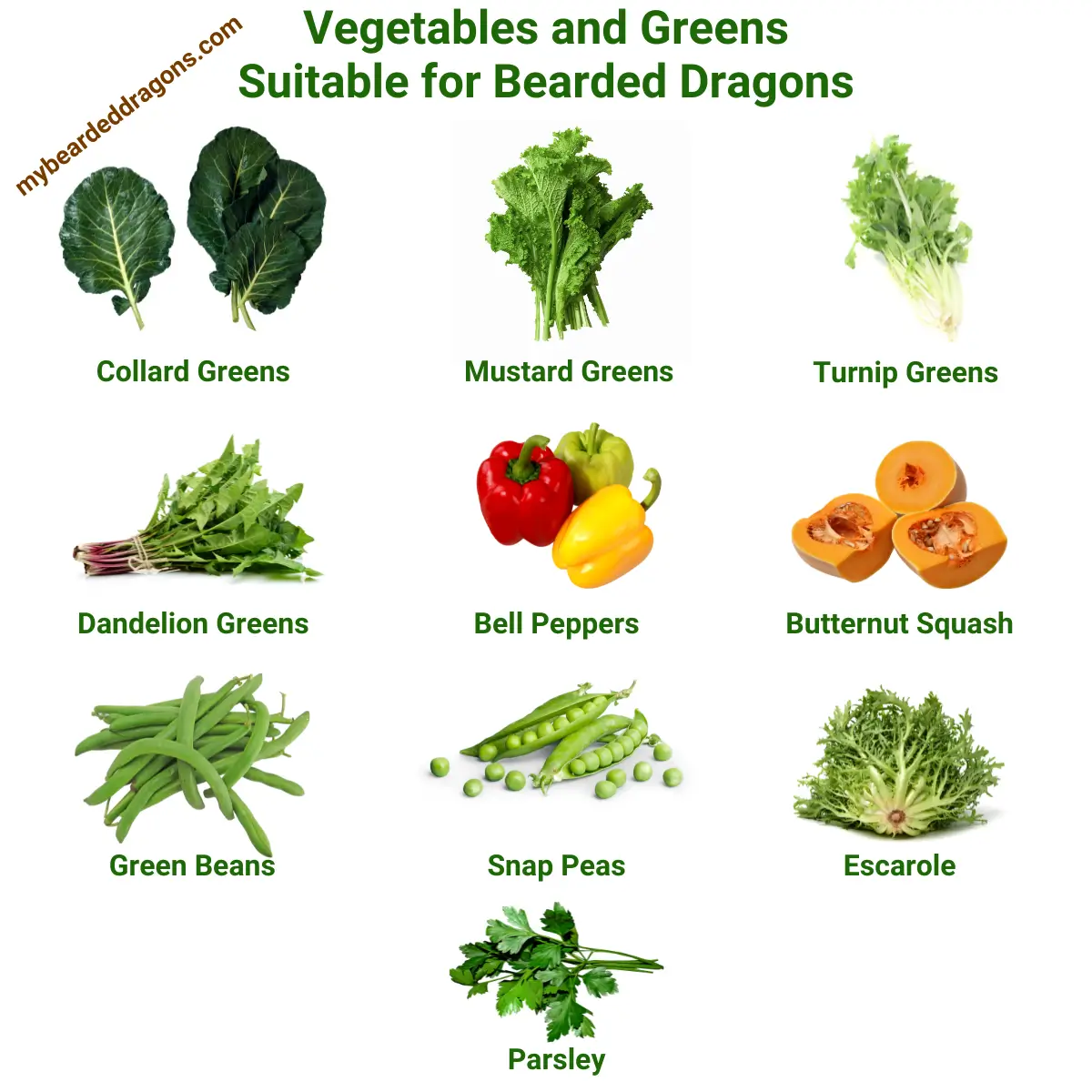
Greetings, fellow reptile enthusiasts! It’s Mike here, your go-to guide for all things related to our fascinating friends, the bearded dragons. Today, we’re diving headfirst into a question that’s been buzzing around the pet forums lately – Can bearded dragons eat bean sprouts?
As long-time keepers of these unique creatures, we know how crucial understanding of bearded dragon food is.
It’s about knowing what they can munch on and contributing to their health, longevity, and overall happiness. So, let’s embark on this exploratory journey together!
The Dietary Landscape of Bearded Dragons
Bearded dragons are naturally omnivores, thriving on a balanced diet of plant-based food and insects. Their meals in the wild would be a mixed bag of fruits, vegetables, leaves, flowers, and a variety of creepy crawlies.
The Spice of Life: Variety in a Bearded Dragon’s Diet
A varied diet isn’t just more exciting for your bearded dragon; it’s essential for their health. Just as we humans wouldn’t do well on a diet of only hamburgers, our bearded friends need a mix of nutrients from different sources.

My beardie, Ziggy, once turned his nose up at his salad because I’d been serving him the same mix for a week straight!
Common Misconceptions about Bearded Dragons’ Diet
One of the most common myths I’ve heard is that bearded dragons can eat anything we humans can.
This isn’t true! Certain foods, like avocado and rhubarb, can be harmful to them. So, before you share that piece of lettuce or introduce a new food into their diet, it’s important to do your research.

The Skinny on Bean Sprouts
Bean sprouts, essentially germinated beans, are a common feature in many kitchens worldwide.
Crunchy, slightly sweet, and incredibly versatile, they’re often added to salads, stir-fries, and sandwiches for a bit of extra bite.
Bean Sprouts’ Nutritional Profile
Bean sprouts are jam-packed with nutrients while being low in calories.
They offer a good dose of vitamins C and K, folate, manganese, and a surprising amount of protein.
| Nutrient | Amount per 100g |
| Calories | 30 kcal |
| Protein | 3g |
| Fat | 0.2g |
| Carbohydrates | 5.9g |
| Fiber | 1.8g |
| Sugars | 4.2g |
| Vitamin C | 13.2mg |
| Vitamin K | 33 mcg |
| Folate | 61 mcg |
| Manganese | 0.16 mg |
For a detailed breakdown, you can check out the nutrition of different bean sprout types.
Zooming in on Mung Bean Sprouts for Bearded dragon
Among all sprouts, mung bean sprouts are particularly popular. They’re tasty and rich in essential nutrients, making them an excellent addition to human diets.
But the real question is – are they a safe and healthy choice for bearded dragons?
The Verdict: Can Bearded Dragons Eat Bean Sprouts?
Can Bearded Dragons Eat Mung Bean Sprouts?
The short answer? Yes, they can. Bearded dragons can safely consume bean sprouts, including mung bean sprouts. But as with all foods, they should be offered in moderation as part of a balanced diet.
The Expert Corner: What do Professionals Say about Bearded Dragons and Bean Sprouts?
Most herpetologists and experienced breeders agree that bean sprouts can be a part of your beardie’s diet. For more about bearded dragons’ diet, check Med Vets For Pets.
However, they caution against making them the mainstay of their meals, as bearded dragons need a variety of vegetables and insects for optimal health.
Safe Feeding Guidelines for Offering Bean Sprouts to Bearded Dragons
When it comes to feeding bean sprouts to your bearded dragon, remember the golden rule – wash them thoroughly first. Also, cut them into small, manageable pieces to prevent choking.
Weighing the Pros and Cons: Bean Sprouts and Bearded Dragons
Bean sprouts offer several benefits to bearded dragons, thanks to their high nutritional content. They’re a source of fiber, which aids digestion, and they provide a nice texture variation, which our scaly friends seem to appreciate.
Bean sprouts can contain anti-nutrients like phytic acid that can interfere with nutrient absorption if fed in excess.
Additionally, there’s a risk of bacterial contamination, so always make sure the sprouts are fresh and thoroughly washed.
How Often to Include Bean Sprouts in Their Diet?
Given the potential drawbacks, it’s best to offer bean sprouts as a part of a larger salad mix, rather than the main ingredient. You can include them once or twice a week for a bit of variety.
Exploring Other Sprout Varieties for Bearded Dragons
Apart from bean sprouts, several other sprouts are safe for bearded dragons – alfalfa sprouts, broccoli sprouts, and radish sprouts, to name a few. These can be an excellent source of vitamins and minerals.
Bean Sprouts vs. Other Sprouts: A Comparative Study
While bean sprouts are nutritious, others may offer a wider nutrient profile. For example, broccoli sprouts are known for their high antioxidant content, and alfalfa sprouts are rich in Vitamin K.
Introducing New Sprouts: Best Practices
Always introduce new foods slowly and monitor your beardie’s response. Start with small portions and gradually increase the amount if they take well to it.
FAQs about Bearded Dragons eating Bean Srouts
Yes, bearded dragons can eat bean sprouts. They offer fiber and a nice texture variation. However, they should only be a part of a varied diet and served in moderation.
It’s best to offer bean sprouts as part of a salad mix once or twice a week. They should not be the main component of your dragon’s diet.
Apart from bean sprouts, bearded dragons can also safely consume alfalfa sprouts, broccoli sprouts, and radish sprouts.
Yes, bearded dragons can safely eat mung bean sprouts. However, like all other sprouts, they should be washed thoroughly and served in small, manageable pieces.
Bean sprouts are high in fiber, which aids in digestion, and their crunchiness can provide a nice texture variation. They also contribute to keeping your dragon hydrated due to their high water content.
Bean sprouts contain anti-nutrients like phytic acid that can interfere with nutrient absorption if consumed in large quantities. They also carry a risk of bacterial contamination, so they should be thoroughly washed before feeding.
Always introduce new foods slowly. Start with small portions of bean sprouts mixed into their salad and monitor your beardie’s response. If they take well to it, you can gradually increase the amount.
The Bottom Line: Bean Sprouts in a Bearded Dragon’s Diet
So, there we have it! Bearded dragons can indeed eat bean sprouts, but as always, moderation is key. Remember, a varied diet is a cornerstone of good health for these wonderful creatures.
Have you fed your bearded dragon bean sprouts before? How did they like it? Share your experiences and any tips you might have in the comments section below. We’d love to hear from you!
And as always, don’t forget to share this article with your fellow bearded dragon enthusiasts. Let’s help everyone provide the best care for their scaly friends!






